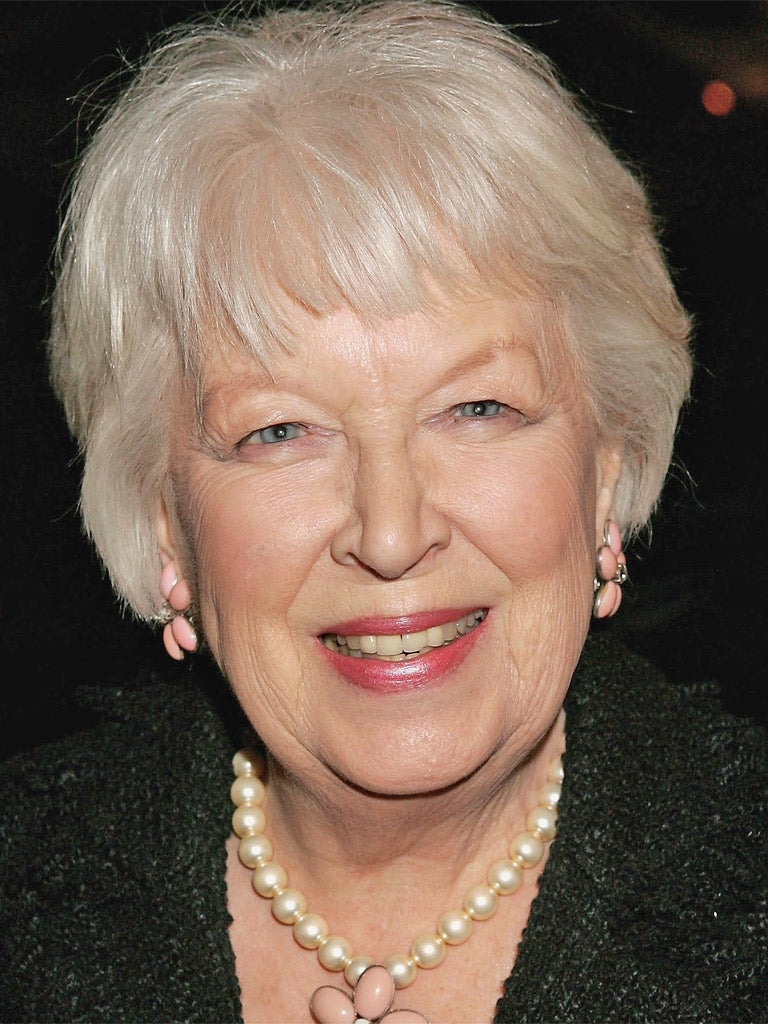The Week In Radio: Royal appointment ruined by cringing contributions

Your support helps us to tell the story
From reproductive rights to climate change to Big Tech, The Independent is on the ground when the story is developing. Whether it's investigating the financials of Elon Musk's pro-Trump PAC or producing our latest documentary, 'The A Word', which shines a light on the American women fighting for reproductive rights, we know how important it is to parse out the facts from the messaging.
At such a critical moment in US history, we need reporters on the ground. Your donation allows us to keep sending journalists to speak to both sides of the story.
The Independent is trusted by Americans across the entire political spectrum. And unlike many other quality news outlets, we choose not to lock Americans out of our reporting and analysis with paywalls. We believe quality journalism should be available to everyone, paid for by those who can afford it.
Your support makes all the difference.How do you do the Jubilee on the radio? Is it actually possible to discuss the impending royal knees-up without archive films of trestle tables bisecting drab Seventies streets, and of the young monarch gamely watching "exotic" performances under a canopy in an unnamed African country, the Duke silently rolling his eyes in the background.
Clearly, some full-on, blue-sky thinking is in order to give the event due prominence without the help of hagiographical visual aids. Because amid the frenetic flag-waving, the miles of bunting, the red, white and blue-frosted cupcakes taking over our television screens and our streets, it is surely up to radio to dig a little deeper, to offer a modern perspective and reflect the nation's feelings about the monarchy.
So what did Radio 2 come up with to provide said perspective and satisfy both pomp and circumstance-loving royalists and staunch, off-with-their-heads republicans? The answer is the Celia Imrie-narrated We Are Sixty, as adoring, unbalanced and fervently royalist a tribute to our sovereign as a glossy, overpriced tourist brochure for Buckingham Palace itself. Less than a minute into the programme and Her Majesty had been called gracious, tireless, loyal, charming, remarkable and dignified, to the inevitable booming soundtrack of Handel's Zadok the Priest.
Nigel Havers, June Whitfield, Simon Callow, Tim Rice, Terry Wogan and Willie Carson were among those scouring their dictionaries for new superlatives and vying with one another to win the award for Blandest Observation Relating to the Queen. She shakes hands! She launches ships! She rides horses! She wears hats! Tributes were paid to her forbearance, her sense of duty, her fashion sense, even her skin tone. That's right. Because a monarch couldn't possibly command respect were a pimple to erupt, Vesuvius-like, on her chin.
There were no dissenting voices here. Just the same old stories – Lizzie going up a tree a princess and coming down a Queen, the intruder in her bedroom, the annus horribilis – regurgitated in the manner of a fawning Hello! magazine splash. Nor, beyond the fact that royal hems are sometimes weighted to prevent any accidental flashing of thigh, was there anything new shared about one of the most famous women in the world.
BBC World Service's Your World circumvented this problem by focusing on a very specific moment in the Queen's career, notably her visit to Ghana in 1961 just four years after the country had achieved independence. Presenter Dzifa Gbeho met Chris Hesse, the then Ghanaian President's official photographer who remarked on the public mood. "We met as equals but we respected her as head of the Commonwealth," he said, apparently holding the view of the majority who bore no ill will towards the monarch. Again, there were no great surprises aside from some monumentally patronising archive commentary from a BBC announcer, who remarked upon "how warm-hearted, vital and bounding with life are the loveable people of Ghana."
For a more sceptical take on the monarchy, Radio 4's A Point of View saw the writer Will Self express his disgust at the tradition of the Loyal Toast, which is when a roomful of people in black tie stand up at dinner and raise a glass to the Queen. It is, said Self, "the kind of spooky moment when, from beneath the seemingly level and egalitarian plane of society, there slowly arises the steep-sided and hegemonic pyramid. I have never risen for the Loyal Toast, and unless some sort of apoplectic patriot holds a gun to my head I doubt I ever will." He'd better give Radio 2 a wide berth in that case.
Join our commenting forum
Join thought-provoking conversations, follow other Independent readers and see their replies
Comments